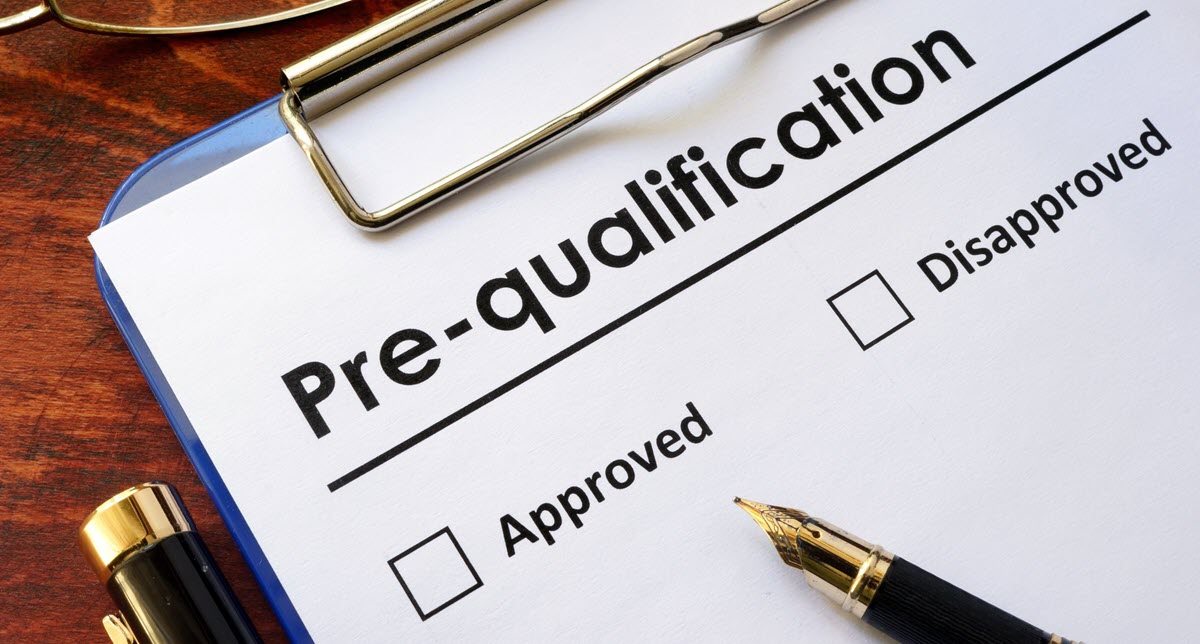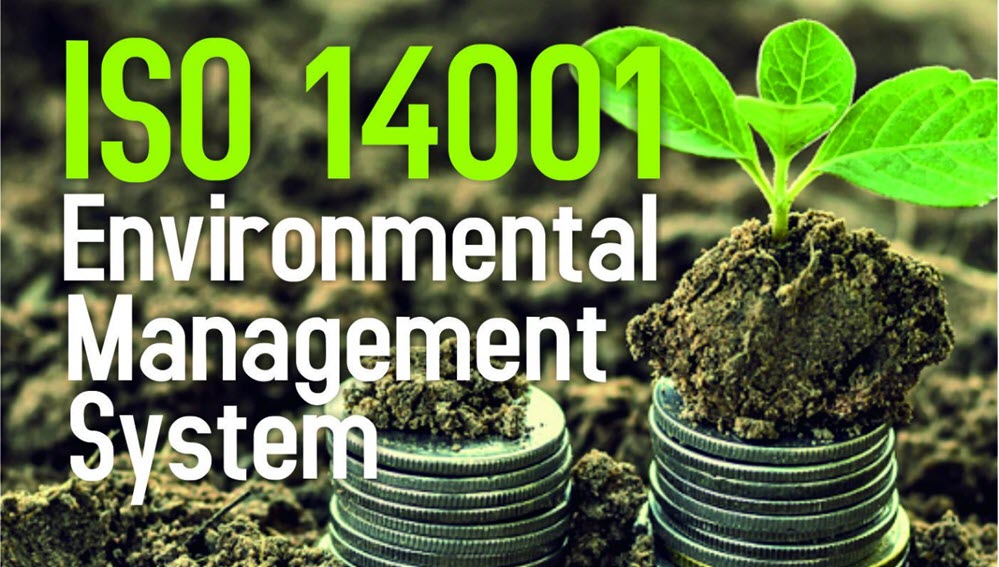EQMS Blog

How To Implement A Supplier Pre-Qualification Questionnaire
A PQQ (pre-qualification questionnaire) is a questionnaire which contains a range of questions related to degree of experience, capability, capacity limit, and monetary standing amongst others. The responses to these questions and inquiries empower an organisation to deliver a shortlist of service providers and suppliers who has the best fit for a given project. It is often used for shortlisting suppliers to tender for a project.
Suppliers PQQ
The purpose of the supplier pre-qualification questionnaire is to reduce the number of tenders to those that are genuinely suitable for the task. This saves the time potentially spent on suppliers who have no chance of winning the job.
Pre-qualification surveys ought to be straight forward and easy to complete and should only request relevant information. They likewise should make it clear what the process is and the requirement of the supplier pre-qualification questionnaire is so potential providers can appropriately evaluate whether they have the suitable experience, capability and required cashflow.
Supplier pre-qualification is the primary phase of the tender procedure. The Territory goal is to manage prequalified providers which following has potential access to work not accessible to providers who have not completed the prequalification successfully.
Implementation information
The information mentioned ought to be straight-forward, significant, and proportionate to the agreement. It may ask for:
- Organisation details (counting lawful status).
- Financial data (for example, ongoing or recent accounts).
- Considerable relevant experience.
- Data about specialized and proficient capacity.
- Information about capacity and capability.
- Health & Safety Policy.
- Quality assurance and management policy.
- Relevant references.
- A BIM evaluation to decide BIM capacity.
When implemented on construction contracts, it shortlists suppliers by this process. Selected suppliers are then able to tender for your desired contract.
Implementation a Supplier Pre-qualification Questionnaire
Following are some guidance on the steps to take when using a supplier pre-qualification questionnaire to shortlist the best suppliers or service providers for a job.
- Step 1: Categorize the different types of work and material on a project. E.g. Ground works, door manufacturers, Joiners, training, transport, concrete and so forth.
- Step 2: Define potential service providers and suppliers for each of the various categories.
- Step 3: Each potential candidate has to complete a supplier pre-qualification questionnaire to validate if they are qualified for the job.
- Step 4: An additional supplier audit could be conducted for some of the critical suppliers as an additional control.
- Step 5: All service providers and suppliers which is found qualified to supply materials or a service should be recorded as an approved supplier for their given category.
- Step 6: All service providers and suppliers which took part in the process ought to be contacted to inform them if they have been approved. A thanks to for their commitment should be provided to all the non-successful candidates.
The approval process and supplier pre-qualification questionnaire is unique for each organisation and there is no one size fit all. If you need support with developing a pre-qualification questionnaire or looking to outsource your supplier audits, feel free to contact us for a free consultation.

Request a free consultation
Contact us to discuss your needs and see how we can support to reach your goal.

Recent posts

In today's digital age, businesses are constantly exposed to various cyber threats. As a result, companies must adopt a proactive approach to cybersecurity to prevent data breaches, theft, and other...

Quality management systems are essential in ensuring that organisations can deliver quality products and services consistently. The International Organisation for Standardization (ISO) developed the ISO 9001 standard to help organisations...

ISO 14001 is a globally recognised standard for environmental management systems (EMS) that helps organisations manage their environmental impact and improve their sustainability performance. Obtaining this certification demonstrates a company's...
Just a Few of Our Clients
Request a Free Consultation
Contact us to discuss your needs and see how we can support to reach your goal.















